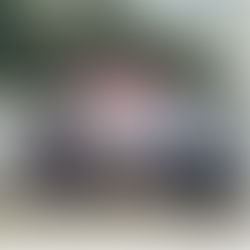Acupuncture vs intravenous morphine in the management of acute pain in the ED
- Dr. Z Hu
- Nov 10, 2021
- 1 min read
Am J Emerg Med. 2016 Jul 20. pii: S0735-6757(16)30422-3. doi: 10.1016/j.ajem.2016.07.028.

Abstract
Background
Acupuncture is one of the oldest techniques to treat pain and is commonly used for a large number of indications. However, there is no sufficient evidence to support its application in acute medical settings.
Methods
This was a prospective, randomized trial of acupuncture vs morphine to treat ED patients with acute onset moderate to severe pain.
Primary outcome consists of the degree of pain relief with significant pain reduction defined as a pain score reduction ≥50% of its initial value. We also analyzed the pain reduction time and the occurrence of short-term adverse effects. We included in the protocol 300 patients with acute pain: 150 in each group.
Results
Success rate was significantly different between the 2 groups (92% in the acupuncture group vs 78% in the morphine group P < .001). Resolution time was 16 ± 8 minutes in the acupuncture group vs 28 ± 14 minutes in the morphine group (P < .005). Overall, 89 patients (29.6%) experienced minor adverse effects: 85 (56.6%) in morphine group and 4 (2.6%) in acupuncture group (P < .001). No major adverse effects were recorded during the study protocol. In patients with acute pain presenting to the ED, acupuncture was associated with more effective and faster analgesia with better tolerance.
Conclusion
This article provides an update on one of the oldest pain relief techniques (acupuncture) that could find a central place in the management of acute care settings. This should be considered especially in today's increasingly complicated and polymedicated patients to avoid adverse drug reactions.



















Comments